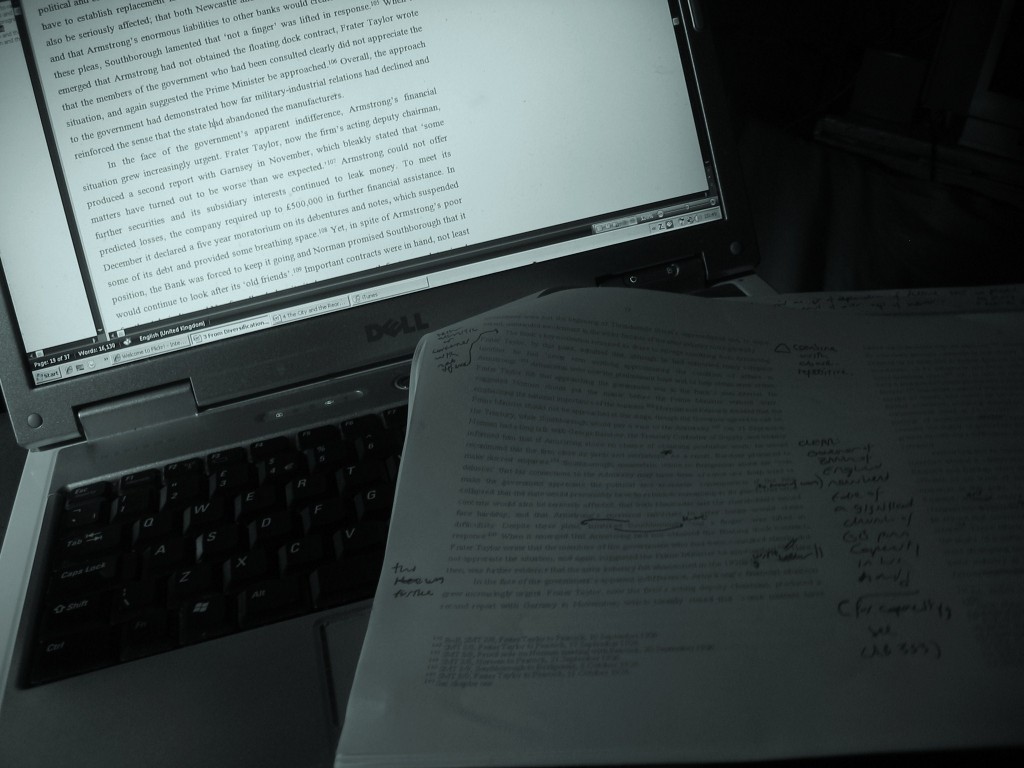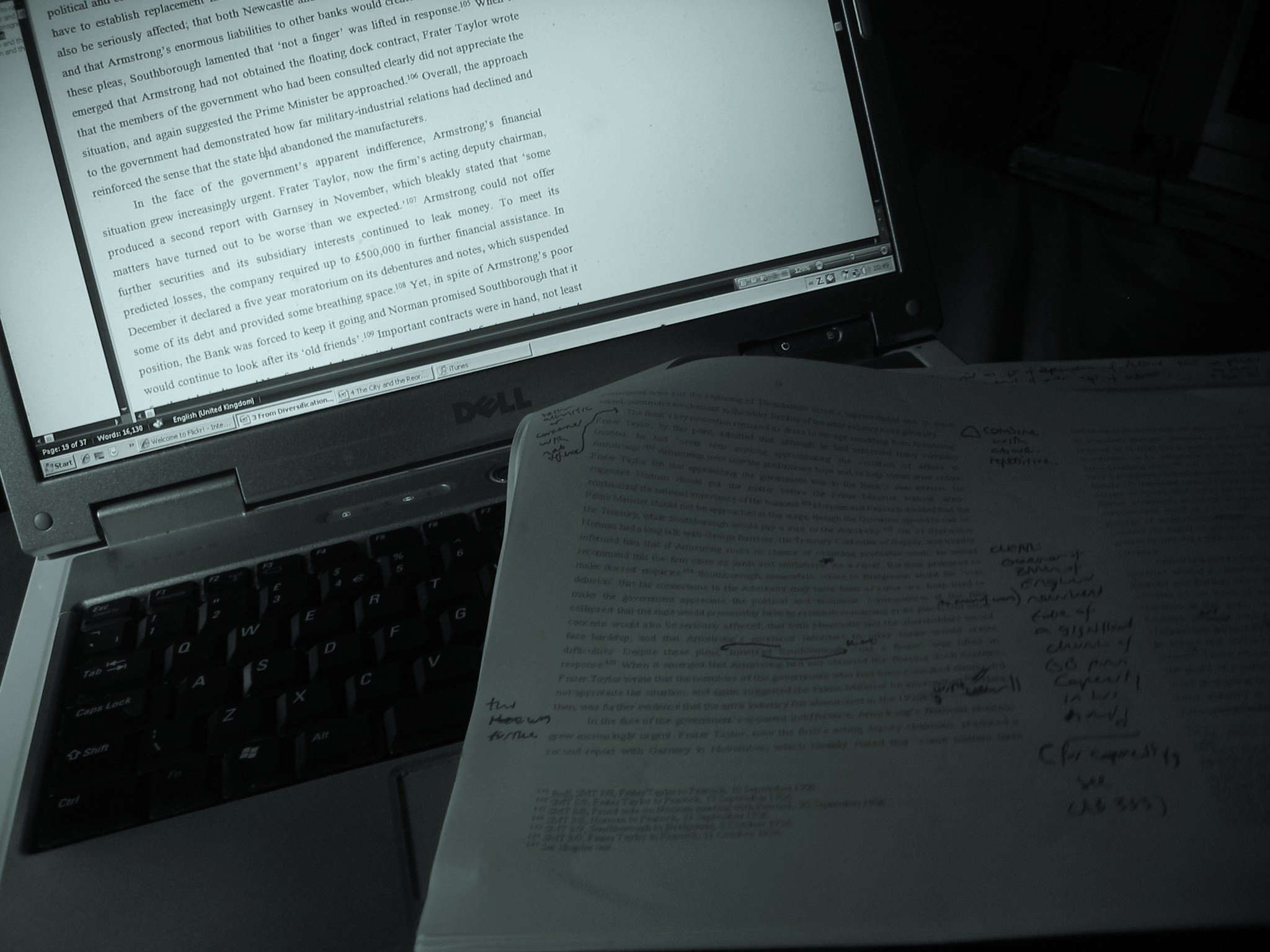By Brittney Hensman (The Cascade) – Email
Print Edition: October 22, 2014

In ancient history, the sign of a good, well-educated pupil was the fact they could reiterate the information their tutors had taught them. This was not seen as stealing their ideas.
We live in the age of information — it can be accessed through the click of a mouse, the tap of a screen, or the flip of a TV switch. Perhaps this is why society, specifically in a university setting, is hypersensitive to the gravity and severity of plagiarism in student work. Copy and paste is a quick and easy fix for a generation whose demands are met at the snap of their fingers.
We paraphrase and relay information orally on a daily basis. Children are conditioned to do this when asked, on the ride home from school, “What did you learn today?”
The relaying and retelling of information is a part of social interaction, community building, and raising awareness. This process keeps people informed and helps us successfully function in our world. But since oral forms of relaying information are not written down, it is not considered to be plagiarism.
In university, essays require an individual’s comprehension of the content they’ve sourced out in order to communicate what they’ve learned in their own words (paraphrasing). This, in essence, is what professors ask of students when they assign an essay. Adequate research, along with synthesizing the information into a paper, is a given. As part of that process, they paraphrase what they’ve learned.
This is not a case of copy-paste plagiarism. Though copy-paste plagiarism may be a reality amongst university students and must be dealt with in a serious manner, the claim that a lack of in-text citations in a student’s paraphrased work is plagiarism is perhaps a hypersensitive response.
In an essay, a well-known historical fact such as “in 1815 Napoleon Bonaparte lost the battle of Waterloo” would be considered acceptable, but if a student referenced a more obscure historic event and did not cite the source directly in their text, they might be accused of plagiarism.
Being a university student automatically puts you in a position of retaining information and applying it. But the application of knowledge should be celebrated, not seen as a form of theft.
However, part of the problem lies in scholarly pride. Scholars who have devoted their lives to a particular study or topic want to reap the reward. While they do deserve credit for their academic labour, the fact that they helped a student acquire knowledge should hold more value to them than the number of times they’ve been cited. However, this is not the case.
E.D. Hirsch makes an excellent argument in relation to this issue. He argues that if America went back to a “national core curriculum” or a common literary canon, as they had in the late 19th and early 20th century, there would be less scholarly speculation and scrutiny in regards to plagiarism. If the literary canon in North America were narrower, all students, professors, and teachers would be drawing water from the same literary well and people would not be as hypersensitive about where students got their sources.
It’s possible university expectations have devalued the beauty of learning, and as a result turned learning into a crime.


